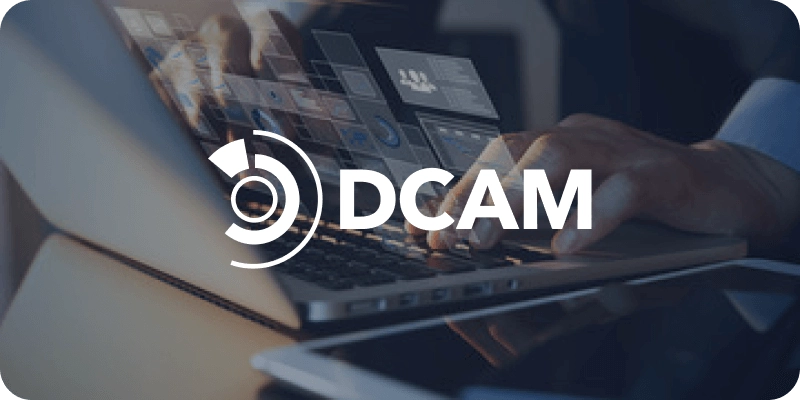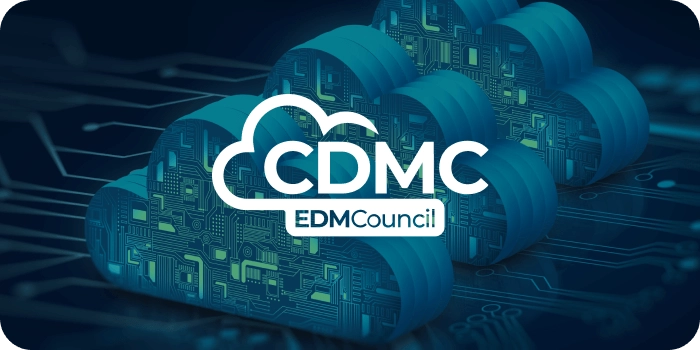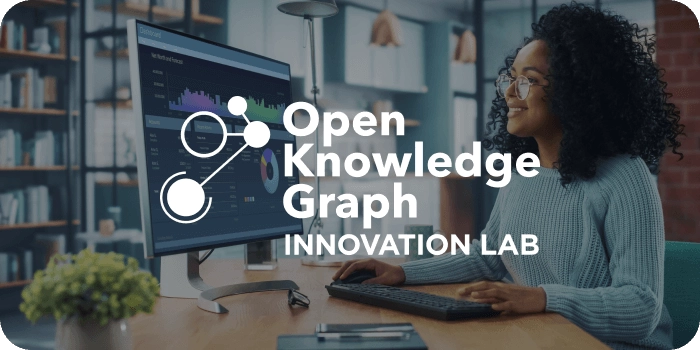Details
Markets are moving from voluntary and unstructured environmental, social, and governance (ESG) data and sustainability reporting to mandatory and standardized sustainability disclosures. To deliver and sustain these reporting trends, companies need a framework for properly managing their ESG and sustainability data. The good news is, they don’t have to start from scratch: the knowledge and tools to achieve quality ESG data and disclosures already exist and simply need to be brought to the rapidly emerging sustainability practices.
The EDM Council ESG Working Group has produced a practical playbook illustrating how two such tools, the COSO Internal Control over Sustainability Reporting (ICSR) guidance and the DCAM data management framework, can effectively be leveraged. In this webinar, the playbook’s authors will explain how companies can use it to achieve appropriately governed and managed ESG and sustainability data and disclosures.
Speakers
Post-event summary
The EDM Council webinar titled “ESG Data Management Playbook: How to Produce Reliable Data,” focused on the development and utility of a playbook designed to help companies manage their ESG (Environmental, Social, and Governance) data effectively. The webinar was led by industry experts:
- Stuart Wallace, Director, Financial Services Consulting, AI & Data, EY
- Marie-Josee Privyk, Founder and ESG Advisor, FinComm Services
- Moderator: Eric Bigelsen, Head of Industry Engagement, EDM Council
Marie-Josee emphasized the importance of leveraging existing frameworks like the COSO (Committee of Sponsoring Organizations of the Treadway Commission) internal control framework and EDM Council’s DCAM (Data Capability Assessment Model) to manage ESG data. She noted, “You do not need to reinvent the wheel. You could use tools that already exist and are fit for purpose.”
The playbook provides a comprehensive approach, mapping common ESG data challenges to relevant sections of the COSO and DCAM frameworks. It guides users on how to address these challenges by following best practices in data management and internal controls, thus ensuring reliable, audit-ready ESG data. The webinar demonstrated the application of this playbook through tools like Solidatus, which facilitate the mapping and tracking of data management practices.
Key takeaways included the necessity of producing quality ESG data for informed decision-making and regulatory compliance, the importance of cross-departmental collaboration, and the value of using existing tools to accelerate ESG data management processes. The session concluded with a discussion on the potential role of AI in enhancing data management practices, highlighting the evolving landscape of ESG reporting and the need for continuous improvement and adaptation.



